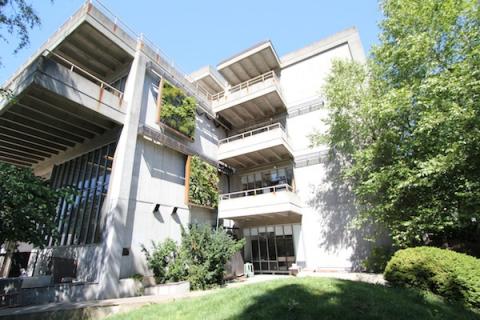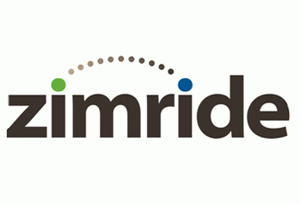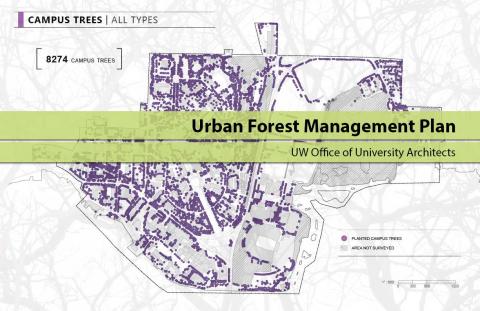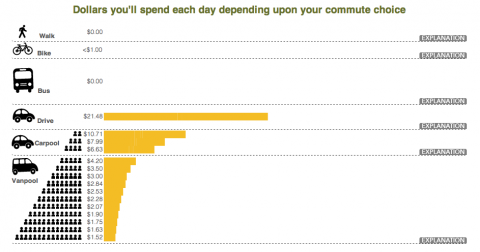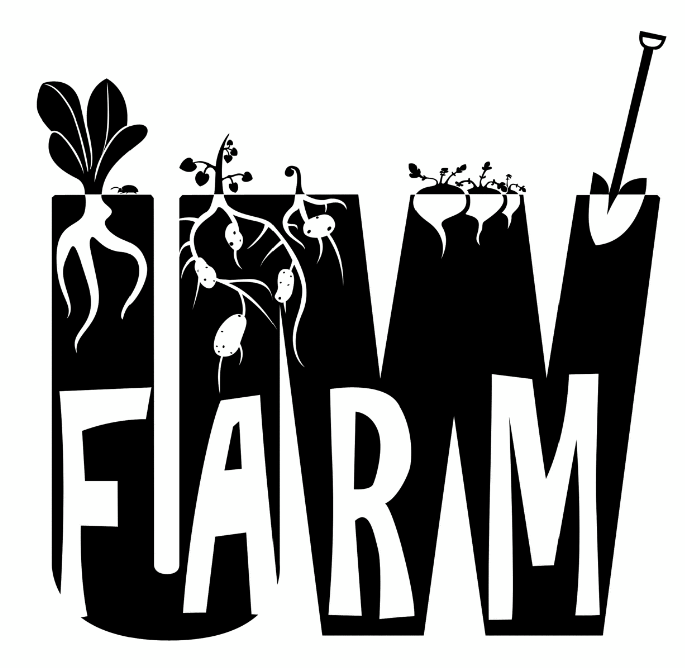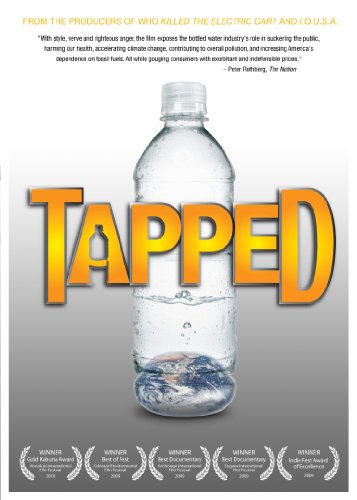Real Food Challenge (RFC) UW Housing and Food Services (HFS) Audit
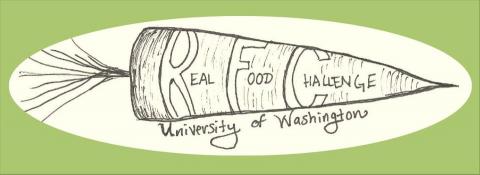
The UW Housing and Food Services (HFS) spends $8.5 million annually on food from 40 vendors. This is a huge fiscal sum that has a major impact on Washington State food economy, especially producer and process sectors. HFS currently lacks clear measurable definitions and standards to qualify “sustainable” and “local” food. When our RSO, Real Food Challenge (RFC), conducted a preliminary review of HFS purchases, we found ambiguity in definitions of local, when Coca Cola products were labeled locally based because processing plants are in King County.
